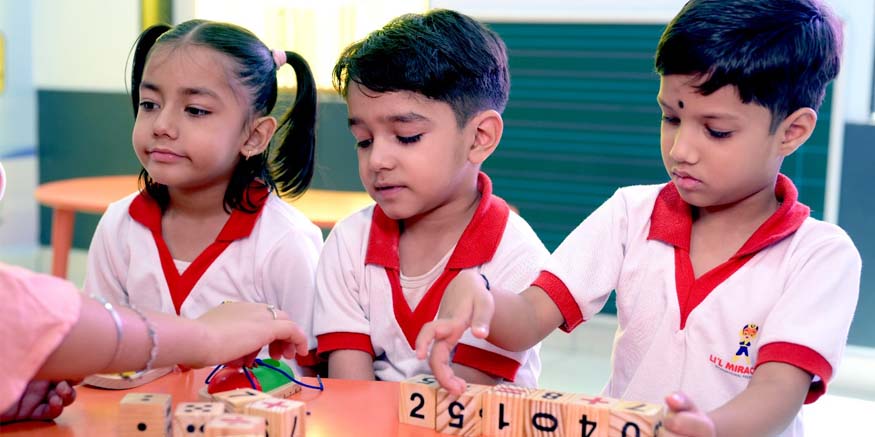Life skills are essential abilities that enable individuals to effectively handle the demands and challenges of everyday life. For preschoolers, developing these skills is crucial as it lays the groundwork for their future success, well-being, and overall development. In this blog, we will explore the meaning of life skills and highlight the significant benefits of nurturing these skills in young children.
Life skills encompass a broad range of competencies and attributes that help individuals navigate their daily lives. These skills include, but are not limited to:
- Social Skills: The ability to interact harmoniously with others, communicate effectively, and build relationships.
- Emotional Regulation: Managing and expressing emotions in a healthy and constructive manner.
- Problem-Solving and Critical Thinking: The capacity to analyze situations, make decisions, and find solutions to problems.
- Independence and Responsibility: Performing tasks independently and being accountable for one’s actions.
- Adaptability and Resilience: Adjusting to new situations and recovering from setbacks.
Key Benefits of Developing Life Skills in Preschoolers
- Enhanced Social Interaction
- Improved Emotional Well-being
- Fostering Independence and Responsibility
- Development of Problem-Solving Skills
- Building Adaptability and Resilience
Developing social skills in preschoolers helps them learn how to communicate, share, and collaborate with others. This is fundamental in building friendships and
creating a positive social environment. Preschool activities like group play, storytelling, and role-playing encourage children to express themselves and understand the
perspectives of others.
Teaching emotional regulation at an early age helps children manage their feelings and cope with stress. Activities such as mindfulness exercises, deep breathing, and discussing emotions through stories can significantly contribute to a child’s emotional intelligence. This, in turn, leads to better mental health and stronger relationships.
Preschoolers gain a sense of independence by learning to perform basic tasks on their own, such as dressing, feeding, and tidying up. These activities instill a sense of responsibility and self-reliance. Encouraging children to take part in simple chores and decision-making processes empowers them and boosts their confidence.
Engaging preschoolers in problem-solving activities like puzzles, building blocks, and memory games helps enhance their cognitive abilities. These activities promote critical thinking and the ability to find creative solutions to challenges. Such skills are invaluable as they progress through their academic and personal lives.
Exposure to new experiences and challenges in a supportive environment helps children develop adaptability and resilience. Whether it’s trying a new activity, meeting new people, or dealing with minor setbacks, these experiences teach children to be flexible and persistent. Building resilience at a young age equips them to handle future adversities with a positive mindset.
Practical Strategies for Developing Life Skills
- Interactive Play: Incorporate games and activities that require teamwork, communication, and problem-solving.
- Routine Tasks: Encourage children to participate in daily chores and self-care routines to build independence.
- Emotional Coaching: Use stories, discussions, and role-playing to help children understand and manage their emotions.
- Creative Activities: Engage children in arts and crafts, music, and imaginative play to enhance their creativity and adaptability.
Riitu Sharma
Co – Founder
Li’l Miracles International Preschool




